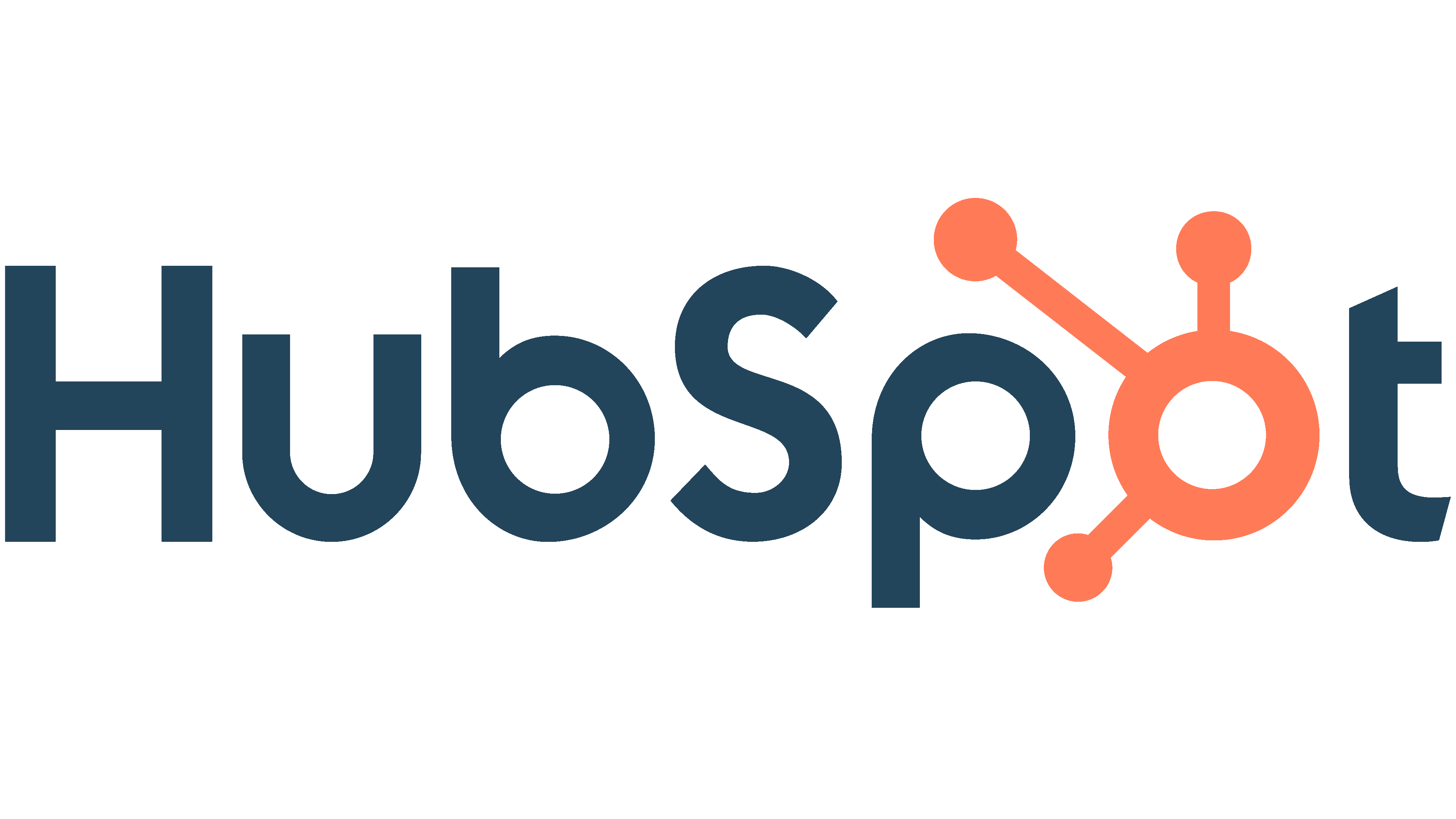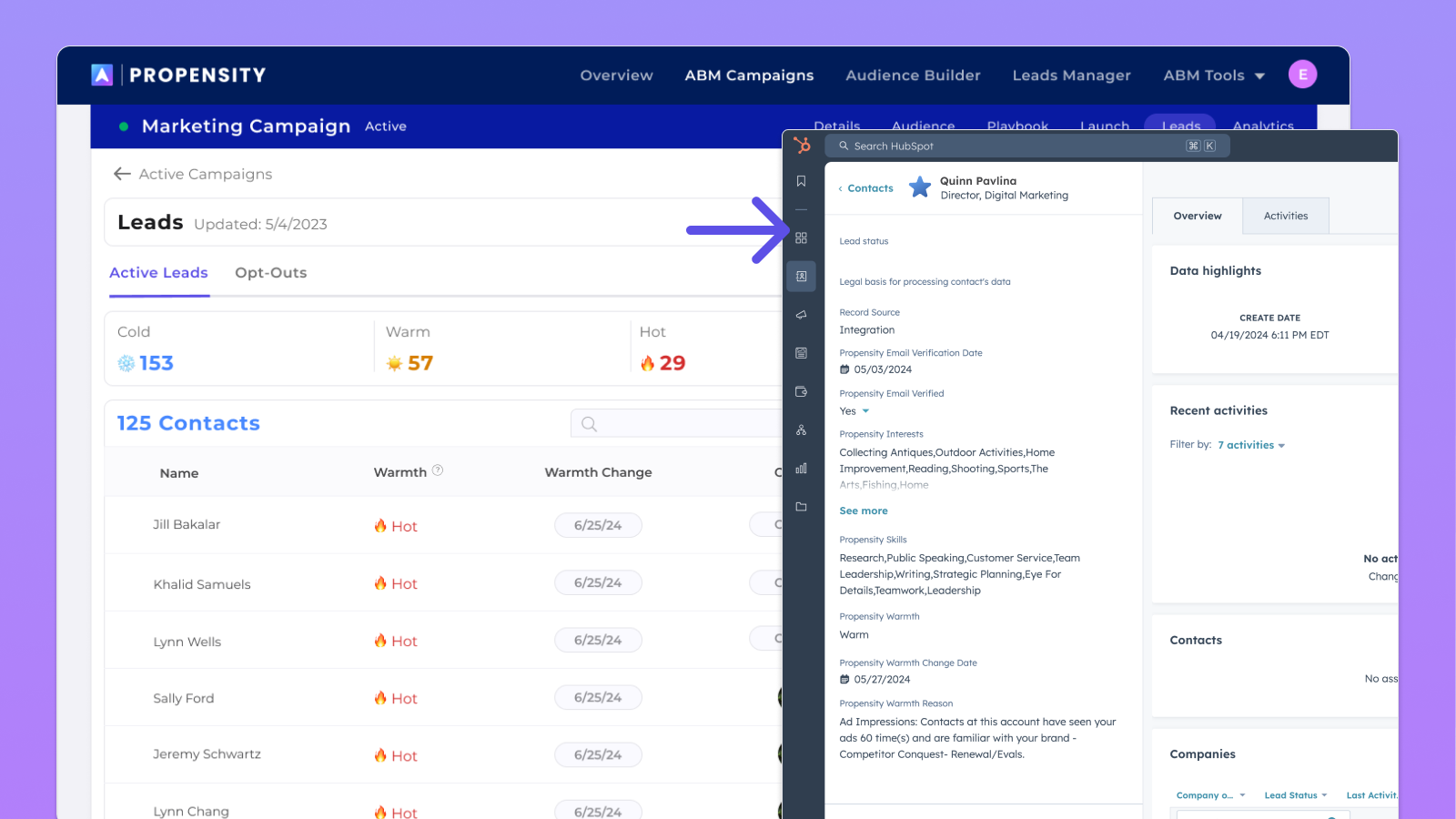
HubSpot ABM Tools: Complete Buyer's Guide
CRM-centric ABM solution
HubSpot ABM Tools positions itself as a CRM-centric ABM solution that transforms existing customer relationship management infrastructure into a comprehensive account-based marketing platform. The platform leverages native integration capabilities to deliver unified account views and automated property updates, differentiating itself from pure-play ABM platforms through operational efficiency rather than advanced predictive analytics[40][43].
Market Position & Maturity
Market Standing
HubSpot ABM Tools occupies a mid-market positioning within the ABM platform landscape, leveraging the company's established CRM infrastructure to compete against specialized ABM vendors through integration depth rather than advanced AI capabilities.
Company Maturity
Company maturity benefits from HubSpot's established market presence as a leading CRM and marketing automation provider, with the ABM functionality representing an extension of existing platform capabilities rather than a standalone product.
Strategic Partnerships
Strategic partnerships include integrations with LinkedIn Ads[42] and third-party data providers like ZoomInfo[56], indicating HubSpot's recognition that native capabilities require external enhancement for comprehensive ABM functionality.
Longevity Assessment
Long-term viability appears strong given HubSpot's established market presence and continued platform development, though the ABM tools' success depends on the company's commitment to advancing beyond basic automation toward more sophisticated AI capabilities.
Proof of Capabilities
Customer Evidence
Propeller Aero, a drone technology company, achieved 23% higher average contract values and 12% higher close rates for ABM deals within four months of implementation[48]. AskCody, a workplace management software provider, generated 12% of total revenue through hyper-targeted ABM campaigns[50]. Cenareo reported improved sales-marketing alignment through automated account tracking[51]. Finalcad leveraged HubSpot's automation to identify target companies and analyze browsing behavior[49].
Quantified Outcomes
Quantified outcomes include automated lead routing efficiency and reduced manual segmentation requirements[42][45].
Market Validation
Market validation extends beyond individual case studies to broader adoption patterns among SMB and mid-market organizations with existing HubSpot CRM infrastructure.
AI Technology
HubSpot ABM Tools operates through automation-powered workflows rather than predictive analytics, leveraging rule-based triggers and CRM automation to deliver account-based marketing functionality.
Architecture
The technical architecture emphasizes operational efficiency through workflow automation, including automated account segmentation via 'Target Account' flags[40][43], rule-based lead scoring systems[55], and basic personalization through job-title-based content delivery mechanisms[47].
Primary Competitors
Primary competitors include 6sense, Demandbase, Terminus, and ZoomInfo[10][11][35][42].
Competitive Advantages
Competitive advantages center on native CRM integration enabling unified account views without external data synchronization[40][43], and lower implementation complexity compared to enterprise platforms requiring extensive technical integration and change management.
Market Positioning
Market positioning establishes HubSpot as a foundational ABM layer requiring third-party complementary tools for comprehensive functionality, contrasting with integrated platforms offering complete solutions within unified systems[46][56].
Win/Loss Scenarios
Win/loss scenarios favor HubSpot for organizations with existing CRM infrastructure seeking operational automation, while alternatives like 6sense or Demandbase win when customers require enterprise-scale buying committee mapping or sophisticated intent data analysis[50][56].
Key Features

Pros & Cons
Use Cases
Integrations
Pricing
Featured In Articles
Comprehensive analysis of AI ABM Platforms for AI Marketing & Advertising for AI Marketing & Advertising professionals. Expert evaluation of features, pricing, and implementation.
How We Researched This Guide
About This Guide: This comprehensive analysis is based on extensive competitive intelligence and real-world implementation data from leading AI vendors. StayModern updates this guide quarterly to reflect market developments and vendor performance changes.
56+ verified sources per analysis including official documentation, customer reviews, analyst reports, and industry publications.
- • Vendor documentation & whitepapers
- • Customer testimonials & case studies
- • Third-party analyst assessments
- • Industry benchmarking reports
Standardized assessment framework across 8 key dimensions for objective comparison.
- • Technology capabilities & architecture
- • Market position & customer evidence
- • Implementation experience & support
- • Pricing value & competitive position
Research is refreshed every 90 days to capture market changes and new vendor capabilities.
- • New product releases & features
- • Market positioning changes
- • Customer feedback integration
- • Competitive landscape shifts
Every claim is source-linked with direct citations to original materials for verification.
- • Clickable citation links
- • Original source attribution
- • Date stamps for currency
- • Quality score validation
Analysis follows systematic research protocols with consistent evaluation frameworks.
- • Standardized assessment criteria
- • Multi-source verification process
- • Consistent evaluation methodology
- • Quality assurance protocols
Buyer-focused analysis with transparent methodology and factual accuracy commitment.
- • Objective comparative analysis
- • Transparent research methodology
- • Factual accuracy commitment
- • Continuous quality improvement
Quality Commitment: If you find any inaccuracies in our analysis on this page, please contact us at research@staymodern.ai. We're committed to maintaining the highest standards of research integrity and will investigate and correct any issues promptly.